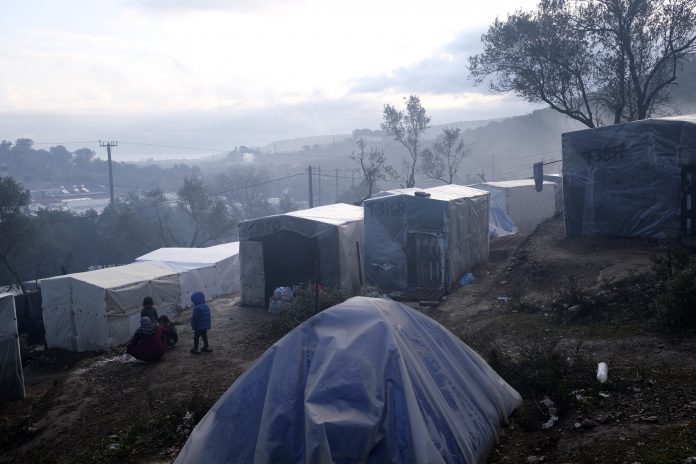
Europe’s asylum agency signed a deal with Greece Tuesday that will help expand its operations in the country, which is struggling to process asylum requests amid high migrant arrivals and overcrowding in island camps.
The European Asylum Support Office said in a statement that the agreement signed in Athens “gives legal and administrative clarity to the status of EASO in the country.”
EASO and Greece had already agreed for the number of agency staff in the country to double to more than 1,000, Greek Alternate Migration and Asylum Minister Giorgos Koumoutsakos said. EASO funding for its Greek operations will also increase by 30%, from 27 million euros ($30 million) last year to 35 million euros in 2020, he said.
Koumoutsakos said the signing of the agreement Tuesday was an “important day in Greece’s efforts to tackle … the great challenge of migration.”
“The challenge is very big, difficult and hard to solve. (EU) member-states must not and cannot stand alone in the face of a challenge of such magnitude,” Koumoutsakos added. “European cooperation, solidarity and coordination are essential.”
Tens of thousands of people fleeing war and poverty in Asia, the Middle East and Africa continue to arrive in Greece from neighboring Turkey each year, despite a 2016 European Union-Turkey deal designed to stop migrant flows.
Most head from the Turkish coast to nearby Greek islands in the eastern Aegean, where under the EU-Turkey agreement they must remain pending deportation back to Turkey unless they successfully apply for asylum in Greece. In practice, very few are returned to Turkey.
The deal and a massive backlog in asylum applications has left thousands stranded on the islands in desperately overcrowded camps, where those unable to find accommodation inside pitch makeshift tents and shacks outside the camp’s perimeters. Greece’s nearly seven-month-old government has vowed to tackle the overcrowding but so far has not managed to solve the problem.
EASO head Nina Gregori, who signed the deal with Koumoutsakos, said the office had been increasing its support to Greece since 2011.



















